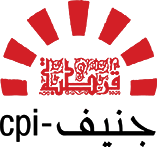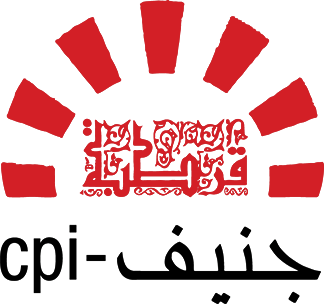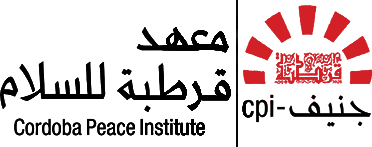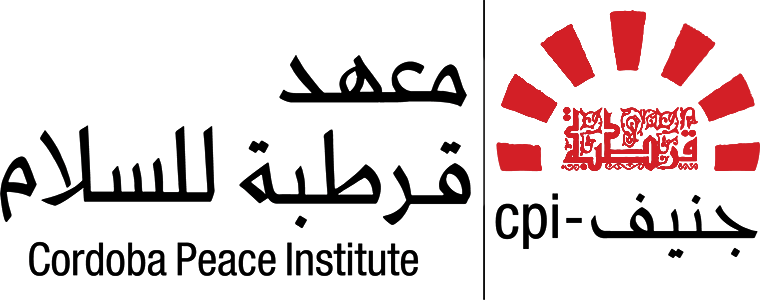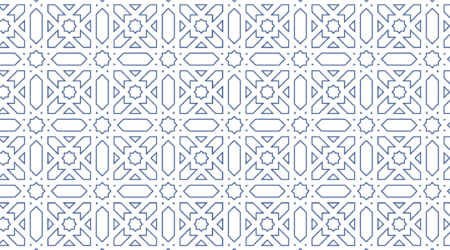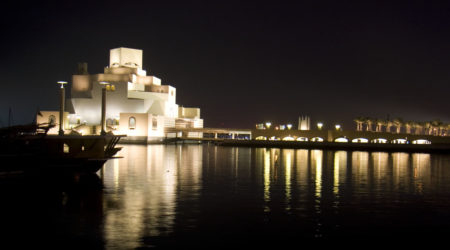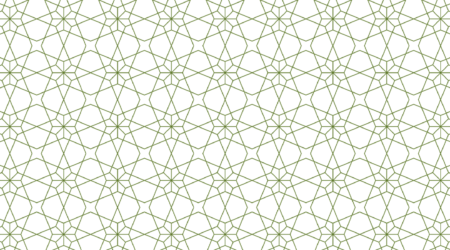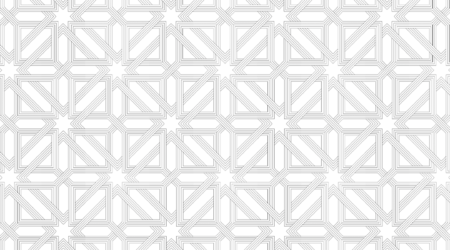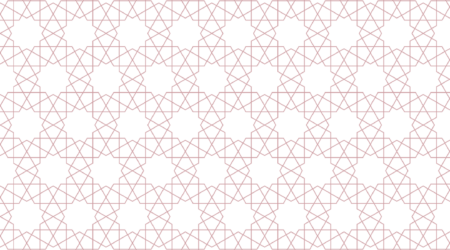Towards a Common Space for Interaction and Joint Action
In periods of fragile political transition acute polarisations lead to instability and chaos, which pave the way for the return of authoritarianism or civil war. Over forty experts and political actors from North Africa, West Asia and the Sahel, belonging to both Secularist and Islamist currents, met and discussed issues related to building trust and establishing a framework for cooperation among actors of different worldviews.
Participants emphasized the importance of focusing on the production of a shared new political culture anchored in the values of justice, dignity, diversity, inclusion, citizenship, and nonviolence, through building cross-ideological coalitions that contribute to the success of peaceful political transition in the region.
They agreed that depolarizing the relations between Islamists and Secularists should transcend the philosophical debate and bring focus on the necessary framework for a common action aiming at the general good and a joint effort to fortify society and to build the state. This framework corresponds to a ‘common space’ that does not imply that the parties should renounce their ideological reference or be unfaithful to their cause. In fact, this framework for common action and joint effort to serve the broad community may be justified from the religious and ideological points of view of all stakeholders.
Communities with different sets of rules in their value systems and worldviews can choose to engage in a common action with a different community, each for its own reasons. In this way, different communities can live together in a common space while each one finds justification and motivation for doing so according to its own set of rules and normative guidelines. American moral and political philosopher John Rawls calls this process of joint engagement by different communities to interact in the same space as ‘overlapping consensus’.
Islam opens a wide range of possibilities for joint action in the interest of society. Religious rules in matters of managing the affairs of the city constitute a framework, which provides orientation and allows for creativity. The Medina Charter is concrete proof that, from an Islamic perspective, co-existence and positive interaction was possible within a multi-tribal, multi-religious society. This document, often said to be the first constitution in history, succeeded in doing so by introducing a new conception of social belonging in three different layers: the tribe recognised as a social reality, religion with a set of shared values, and the affiliation to the City (Al Madina).
The ‘Common Space for Interaction and Joint Action’, so defined, is not viewed by the participants as a matter of political calculation limited by narrow partisan interests and political manoeuvring, but as a sustainable mechanism starting during the transition period and continuing throughout the ongoing era of the rule of law and good governance. Strategic themes such as youth citizen participation, education, and new political cultures should figure among the priorities of this endeavour for joint action.
Participants
- Atia Adlan (Egypt)
- Mohammed Alahmari (Qatar)
- Islam Alghamry (Egypt)
- Moaz Alkhatib (Syria)
- Jafar Alshayeb (Saudi Arabia)
- Tariq Alzomer (Egypt)
- Ahmed Arehmouch (Morocco)
- Abderraouf Ayadi (Tunisia)
- Moussa Bah (Mali)
- Hesham Barghash (Egypt)
- Somaia Benkhaldoun (Morocco)
- Maryam Ben Salem (Tunisia)
- Riadh Chaibi (Tunisia)
- Youssef Choueiri (Lebanon)
- Saaddine ElOthmani (Morocco)
- Hmida Ennaifer (Tunisia)
- Sami Esaadi (Libya)
- Amel Grami (Tunisia)
- Mohammad Zahid Gul (Turkey)
- Rabie Haddad (Lebanon)
- Hussam Hafidh (Syria)
- Mohamed Hamdaoui (Morocco)
- Abdelaali Hamidine (Morocco)
- Hamed Idrissi (Morocco)
- Ridha Jaouadi (Tunisia)
- Slaheddine Jourchi (Tunisia)
- Noureddine Khadmi (Tunisia)
- Ziad Khayyata (Syria)
- Mohamed Khouja (Tunisia)
- Maan Kousa (Syria)
- Abou Yaareb Marzouki (Tunisia)
- Mujahid Mekhallalati (Syria)
- Abdulfatah Mohamed (Qatar)
- Maâti Monjib (Morocco)
- Nabila Mounib (Morocco)
- Amel Moussa – Ben El Hadj (Tunisia)
- Abdelfattah Mourou (Tunisia)
- Sylvain Odier (Switzerland)
- Mohamed Abdelouahab Rafiqui (Morocco)
- Khadija Ryadi (Morocco)
- Hakim Saheb (Algeria)
- Oumaya Seddik (Tunisia)
- Marcelle Shehwara (Syria)
- Cahit Tuz (Turkey)
- Saad Wafai (Syria)
